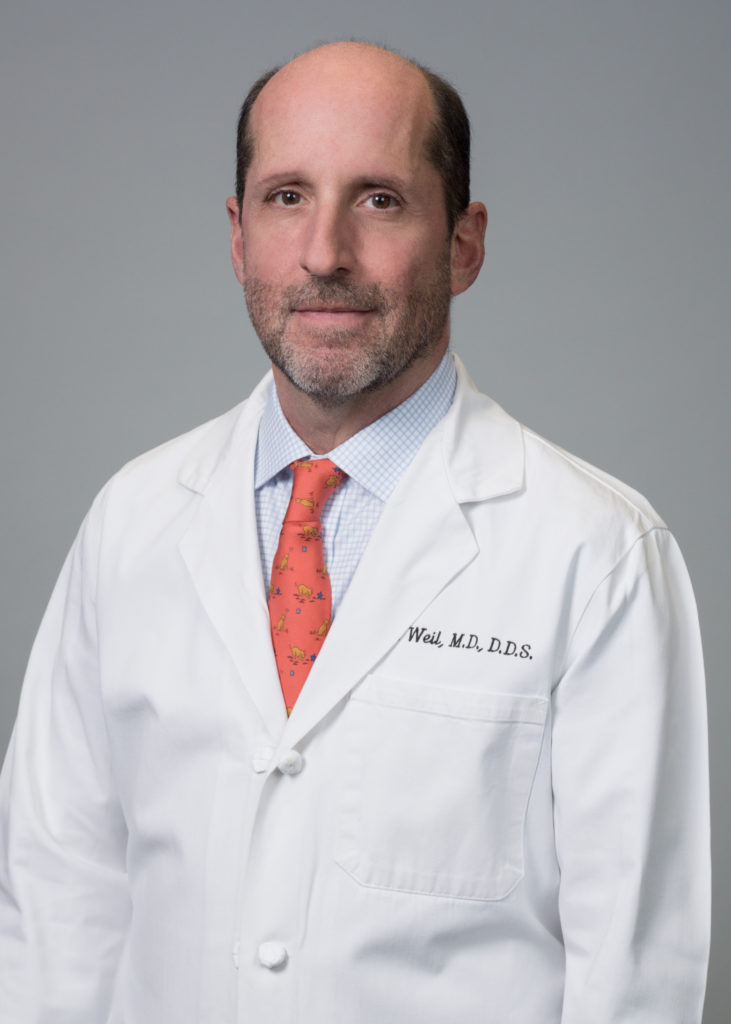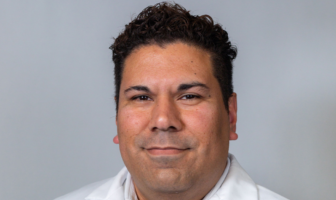Dr. Thomas S. Weil shares everything you need to know about wisdom-tooth removal.
Sponsored Content
Dr. Thomas S. Weil is a diplomate of the American Board of Oral and Maxillofacial Surgery and a fellow in the American Association of Oral and Maxillofacial Surgeons. After receiving his Bachelor of Arts degree from Tulane University in New Orleans, Weil began his professional education at Baylor College of Dentistry, where he graduated at the top of his class. He then attended the University of Texas Health Science Center at San Antonio, where he earned his medical degree, also graduating with honors. He remained in San Antonio to complete a general-surgery internship, his anesthesia training and the remainder of his specialty training in oral and maxillofacial surgery.
Why do wisdom teeth need to be removed?

Wisdom teeth, or third molars, are the last teeth to develop. Eons ago, when our diets were much different and dental crowding was com- mon, the third molars came in or “erupted” and provided another set of functional teeth. With today’s softer, nonabrasive diet and the relative rarity of dental crowding, most often, there is not enough room for the wisdom teeth to erupt into place and be functional teeth that can be maintained by the patient. This is what is meant by “impacted,” simply that the tooth is not able to come into a functional position. There are patients who have the space for wisdom teeth, and in these cases, the teeth may be functional and beneficial. In cases in which the wisdom teeth come in appropriately, it is common later in life to develop decay or gum disease around these teeth first. They are difficult for some to maintain and your dentist may suggest removal rather than a filling or crown if this happens.
Who would remove my wisdom teeth?
While your family dentist may remove erupted or exposed wisdom teeth, many regular dentists do not. Furthermore, impacted wisdom teeth, more complex tooth concerns or higher-risk teeth will likely result in a referral to an oral surgeon. A visit with your dentist or a look at your X-rays would likely answer that question best. Most patients having multiple wisdom teeth removed at the same time prefer sedation rather than being awake. Oral surgeons have extensive hospital-based training in anesthesia to make this procedure pleasant and astonishingly safe. The facility is almost as important as the surgeon, and offices that are board-certified in oral surgery are inspected and certified for anesthesia safety by both the State of Texas and a surgery-certifying board. Certification ensures the monitoring and safety equipment mirrors that of a hospital environment.
At what age should wisdom teeth be removed?
In general, younger patients are at a very low risk, as the teeth are typically less difficult to remove. For this reason, the recovery is commonly smoother and faster. The best approach is to image and consult a dentist or oral surgeon at a young age, typically during the teenage years, so an assessment can be made about whether the wisdom teeth will likely ever need to be removed. If it is likely removal will be necessary, earlier surgery is generally easier and more predictable. This assessment might happen with your family dentist, orthodontist or directly with an oral surgeon.
What are the costs associated with wisdom-tooth removal?
Most insurance plans cover wisdom-tooth removal. At consultation, each wisdom tooth will be evaluated and coded depending on how it is positioned within the mouth and whether it is exposed or impacted. Likewise, anesthesia choices are usually discussed and the level of sedation is agreed upon. The costs will vary depending on these factors, and your insurance coverage can generally be explored prior to the procedure. The best way to discover costs and insurance coverage, as well as discuss the procedure, is to set up a consultation visit with your provider.
For more information, visit austinoralsurgery.com.



